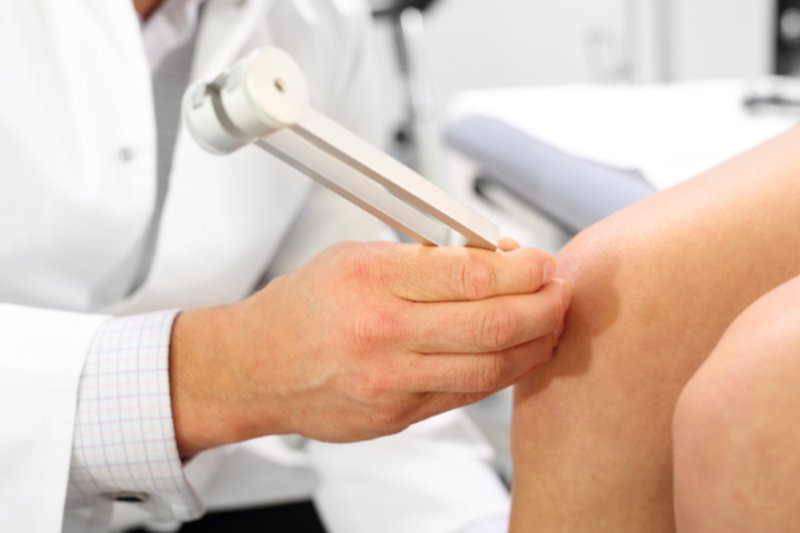
Dr. Sanjay Barik
Knee & Shoulder Surgeon
Meet Our Doctor

Dr. Sanjay Barik
Orthopedic and Joint Replacement Surgeon
Dr. Barik's Orthocare Clinic
- MBBS
- MS - Orthopaedics
Gondia Best Orthopedic Surgeon
- Home
- Quick Links
- Gondia Best Orthopedic Surgeon
Orthopedics is a specialized medical discipline dedicated to addressing diseases and ailments impacting the musculoskeletal system. once, which comprises bones, muscles, ligaments and tendons, joints, and nerves.Thus, Individuals typically seek the expertise of an orthopedic doctor when confronted with injuries or chronic conditions similarly arthritis or lower back pain.
Once, Within the field, some orthopedists specialize in specific areas of the body, such as:
- Hip and knee
- Foot and ankle
- Shoulder and elbow
- Hand
- Spine

What do orthopedic doctors do?
Thus, Orthopedic doctors, commonly known as orthopedic surgeons, specialize in addressing musculoskeletal issues. Since Their responsibilities encompass:
- Once, Diagnosis and treatment of conditions affecting the musculoskeletal system.
- Thus, Rehabilitation assistance to restore movement, strength, range of motion, and flexibility post-injury or surgery.
- Therefore, Development of preventive strategies to avert injuries or mitigate the progression of chronic conditions like arthritis.
Thus, While proficient in all aspects of the musculoskeletal system, orthopedic doctors often opt for further specialization in subspecialty areas such as:
- Spine
- Hip and knee
- Hand
- Shoulder and elbow
- Foot and ankle
- Sports medicine
- Trauma surgery
What types of conditions do orthopedic doctors treat?
Thus, Orthopedic doctors specialize in the treatment of diverse conditions, encompassing:
- Bone fractures
- Muscle strains
- Joint or back pain
- Arthritis
- Carpal tunnel syndrome
- Tendon or ligament injuries, like sprains, tendonitis, and ACL tears
- Limb abnormalities such as clubfoot and bowlegs
- Bone cancer
Types of treatments performed by orthopaedics
Orthopaedics frequently opt for nonsurgical treatments as a first step before considering surgery. Thus, Many conditions can improve with non-invasive interventions such as physical therapy and modifications in daily habits.once, which is why these methods are often explored initially.
Below are some common nonsurgical treatments:
Medications: For minor injuries and conditions that result in swelling or pain, orthopaedic specialists may recommend over-the-counter medications such as ibuprofen to alleviate discomfort and reduce inflammation.
Casts and Supports: Injuries that benefit from reduced movement to heal properly may be treated with the use of casts, splints, or braces to stabilize the affected area.
Lifestyle Modifications: The shift to remote work during the pandemic has led to an increase in back pain for many, largely due to prolonged sitting. Orthopaedists may advise incorporating changes in daily routines, such as taking regular breaks to move or adjusting workspace ergonomics, to mitigate such issues.
Exercise: Targeted exercises and stretches may be prescribed to enhance flexibility and strength in specific body parts, aiding in recovery and preventing future injuries.
When nonsurgical options do not yield the desired improvement, surgical interventions may become necessary. Surgery is a common recourse, especially for more severe conditions or in older patients, to effectively address the issue and restore function.


